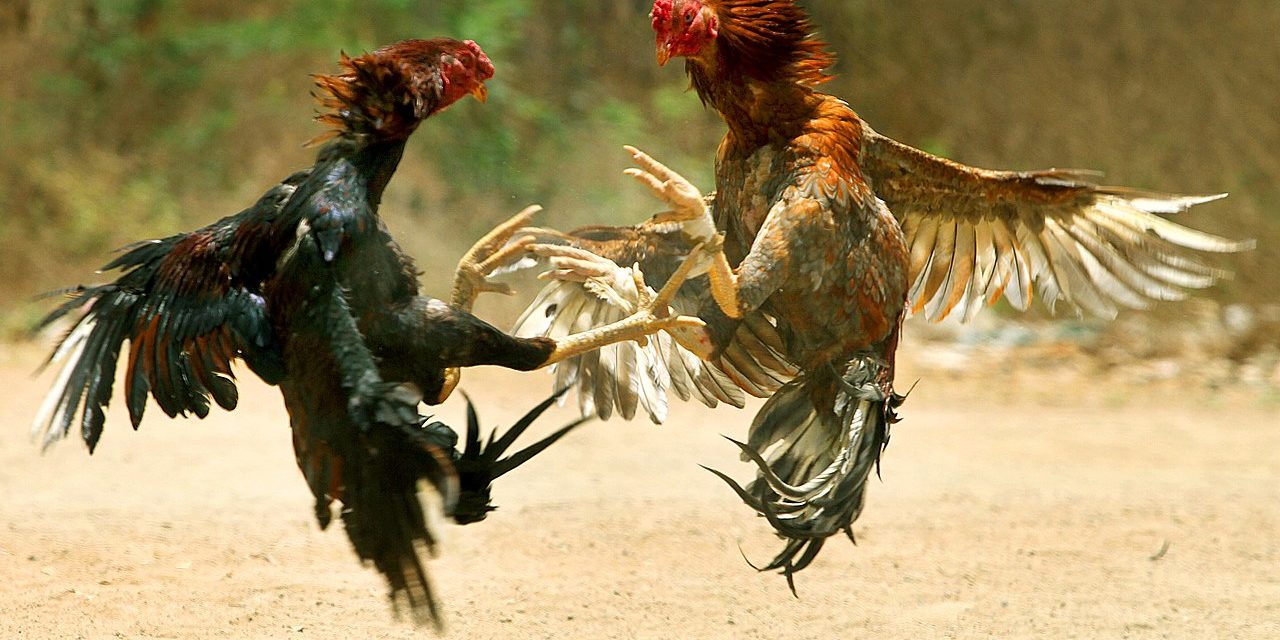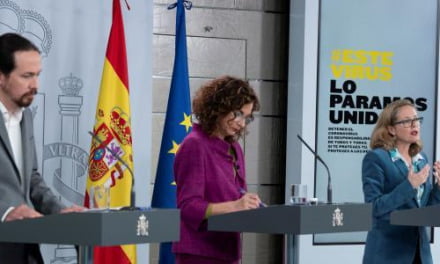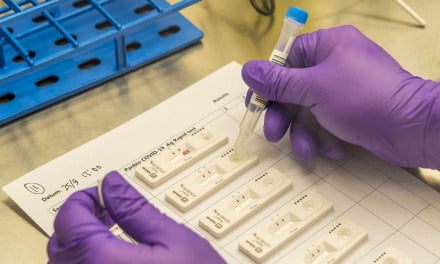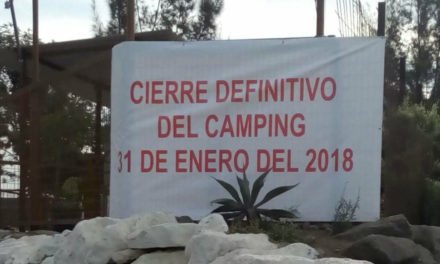There have been a number of very progressive actions over the last year when it comes to animal protection, rescue and legislation. The Cabildo de Gran Canaria has been particularly active in assessing and spearheading actions to reduce the numbers of animals being abandoned and destroyed as well as developing policies and guidelines to ensure animal protection associations are well run and regulated. On Monday more great news was announced from the Autonomous Regional Government, aiming to further protect animals from cruelty and set standards around which future generations can be educated and better informed.
The Canarian Government has declared a new law draft on Animal Protection and Pet Ownership throughout the autonomous community that will at last fully prohibit cockfighting as well as outlawing animal shows in circuses.
The Canary Islands have clearly stated their intention to prohibit cockfights and shows with animals in circuses by law. The regional government yesterday began the process to modify the Canary Islands law on protection and possession of companion animals aiming to resolve a situation that was left pending 26 years ago, when Parliament approved regulations that prohibited bullfighting on the Islands. At that time cockfighting was allowed to be maintained, with certain restrictions, because of the traditions associated with it that existed on some islands but now the objective of the Autonomous Community is to definitively prohibit the activity.
Presidency Counselor for Justice and Equality, José Miguel Barragán, acknowledged yesterday that suppressing cockfighting will generate “controversy” on some islands – La Palma, Lanzarote or Tenerife – and within municipalities that have a long tradition of allowing associations that are dedicated to it. Barragán pointed out that the situation now is not the same as it was back in 1991 because society is now much more sensitive to the mistreatment of animals. The Executive will have dialogue with the representatives of the ‘gallistas’ to accommodate the new law in case a moratorium has to be established so that the existing leagues and championships that are in progress may end, although the intention of the Executive with this law is to abolish the activity.
The Executive also proposes the elimination of any spectacle with animals brought by circuses, advancing in this way the institutional declarations that have already been made by several town councils throughout the archipelago.
This legislative amendment addresses several issues to adapt the normative framework to the current reality. For example, a maximum quota of animals that can be kept within a single household will be established for the compatibility of the welfare of the animals. This aspect will be developed by regulation.
A principle that will be proposed in the standard is the zero-sacrifice of animals, an end to the long standing policy of destroying thousands upon thousands of abandoned animals, in order to promote social responsibility in this area. Barragán warned that this aspect is also expected to generate controversy and that there will be “many difficulties” in applying it but that it is a trend that will go hand in hand with the non-governmental organisations who work with animals.
The new guidelines changes include other novelties such as the preferential identification of animals with a modern and safe system such as the microchip; fines used to finance actions in favor of animals or the sterilization of pets that are going to be adopted.
The new law will also increase the powers of the councils in this matter and transfer responsibility for animal registers to the veterinary professional associations to give more reliability to the data.
A phase of applications now begins, to review various internal reports, institutions, other administrations, entities and bodies, as well as the start of a public information phase, after which the Treasury must decide on this initiative.
After consulting the law from the various sectors, the Government of the Canary Islands will request approval for the bill and refer to the Parliament of the Canary Islands, expected next quarter, for its final approval as law after the parliamentary process.
The text will replace the current Law 8/1991, of April 30, on the protection of animals to cover specific issues such as their possession.















